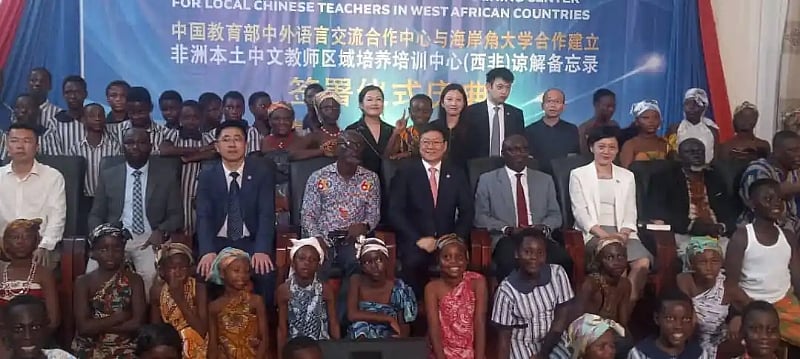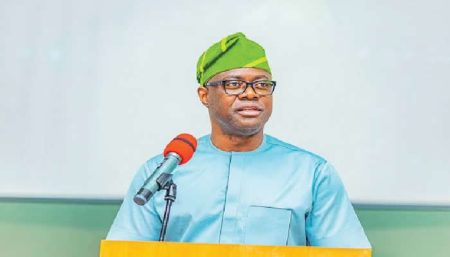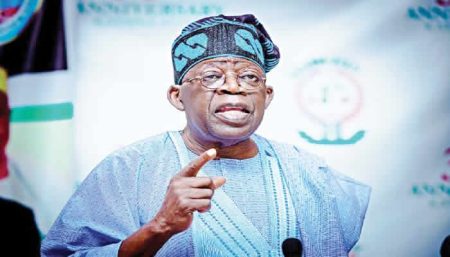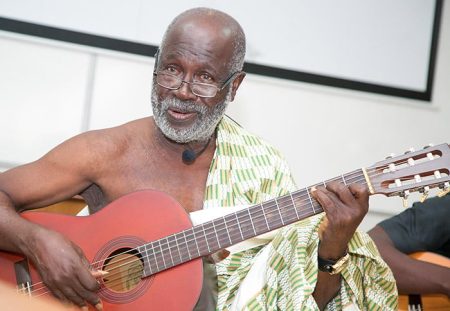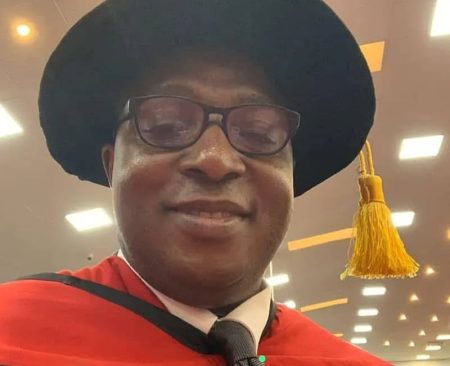The Ghana Education Service (GES), under the leadership of the Central Regional Director of Education, Mr. Emmanuel Essuman, is embarking on a groundbreaking initiative to integrate the Chinese language into the national school curriculum. This pilot program, poised to transform the educational landscape of Ghana, particularly in the Central Region, signifies a growing recognition of the importance of Chinese language proficiency in an increasingly interconnected world. The initiative is a collaborative effort between the GES and the Confucius Institute at the University of Cape Coast (CIUCC), a key partner in enriching the region’s educational offerings.
The announcement of the program coincided with the inauguration of a regional training center for local teachers in West African countries. This center, a testament to the commitment of both Ghana and China to fostering educational and cultural exchange, will serve as a hub for equipping teachers with the necessary pedagogical skills and cultural understanding to effectively teach the Chinese language. The training center’s establishment underscores the long-term vision of the GES, aiming to ensure the widespread availability of Chinese language education to all students in the Central Region. This widespread access will empower students with the linguistic tools necessary to navigate the global landscape and seize emerging opportunities.
Mr. Essuman’s vision extends beyond mere language acquisition. He envisions Chinese language proficiency as a gateway to a multitude of opportunities for Ghanaian students, including pursuing higher education in China, accessing scholarships, participating in international competitions like the Chinese Bridge, and securing employment in Chinese enterprises operating within Ghana or globally. This multi-faceted approach highlights the pragmatic benefits of incorporating Chinese language education into the curriculum, aligning with the government’s broader goals of economic development and international cooperation.
The integration of Chinese language education into the curriculum also aligns perfectly with the newly revised secondary education framework, which offers students the flexibility to choose international languages as elective subjects. With Chinese now included as one of these elective options, students are presented with a valuable opportunity to expand their linguistic horizons and equip themselves with a skillset increasingly demanded in the global job market. This strategic inclusion recognizes the growing influence of China on the world stage and the consequent importance of fostering cross-cultural communication and understanding.
The collaboration between the GES and CIUCC extends beyond the establishment of the training center. The Confucius Institute has also been instrumental in setting up Chinese language clubs in various senior high schools across Ghana, creating an engaging and supportive environment for students to explore the language and culture outside of the formal classroom setting. These clubs serve as valuable platforms for promoting intercultural exchange and deepening students’ appreciation for Chinese culture. They also represent a proactive approach to fostering a love for language learning and creating a pipeline of students interested in pursuing further studies in Chinese.
In essence, the introduction of Chinese language education in Ghana represents a strategic investment in the future of its students, equipping them with the linguistic and cultural capital to succeed in a globalized world. This initiative, driven by the collaborative efforts of the GES and CIUCC, promises to not only enhance the educational landscape of Ghana but also to strengthen the ties between Ghana and China, fostering mutually beneficial partnerships in various sectors. The establishment of the training center and the proliferation of Chinese language clubs signify a comprehensive and sustained approach to nurturing Chinese language proficiency, ensuring that Ghanaian students are well-prepared to engage with the opportunities and challenges of the 21st century.





